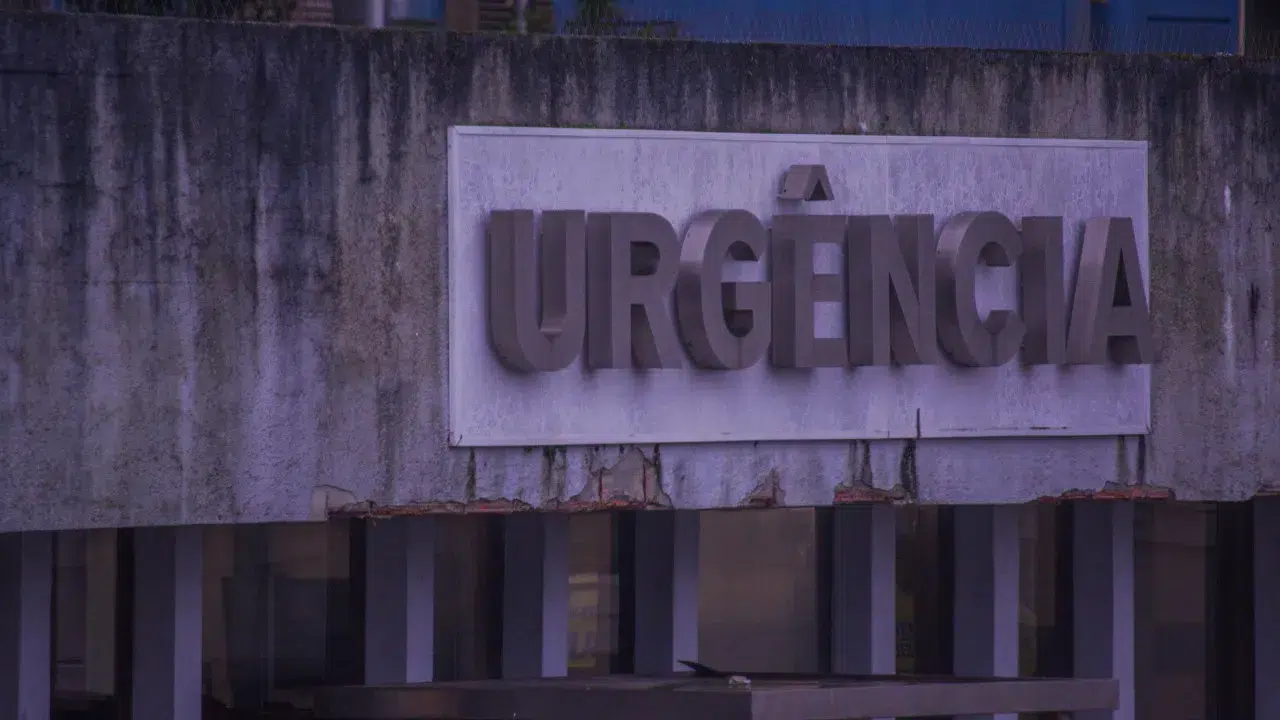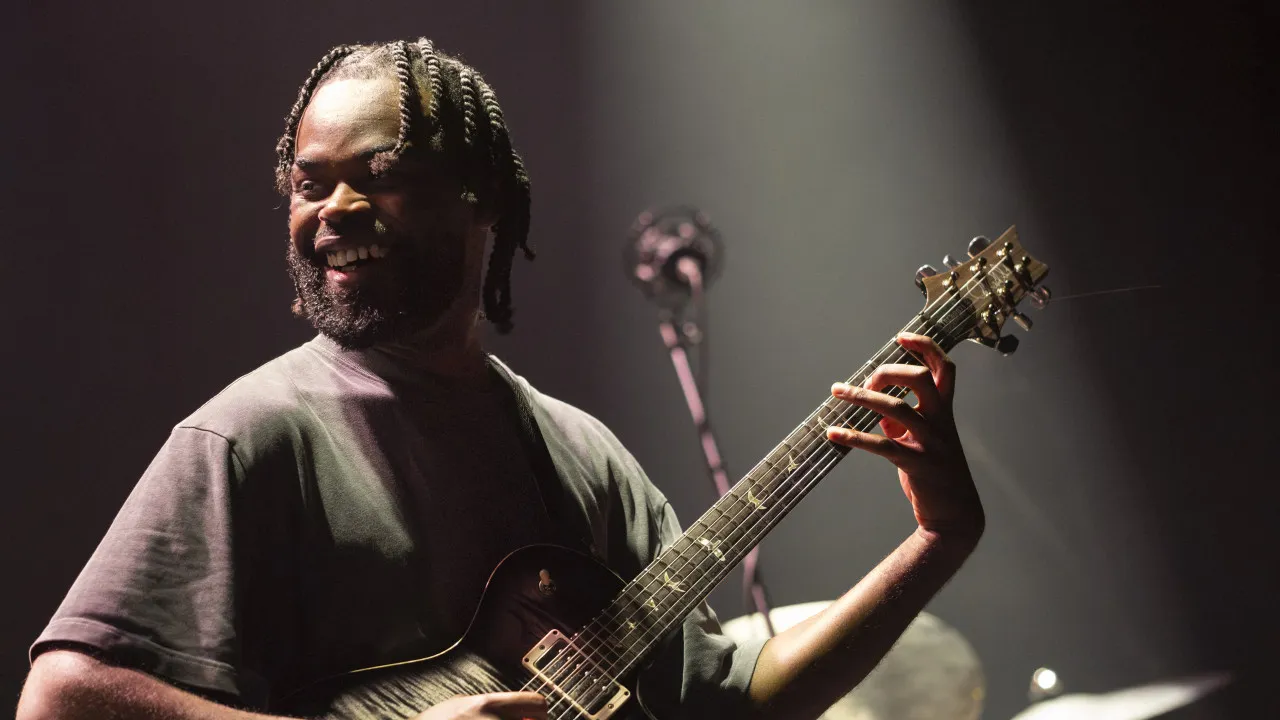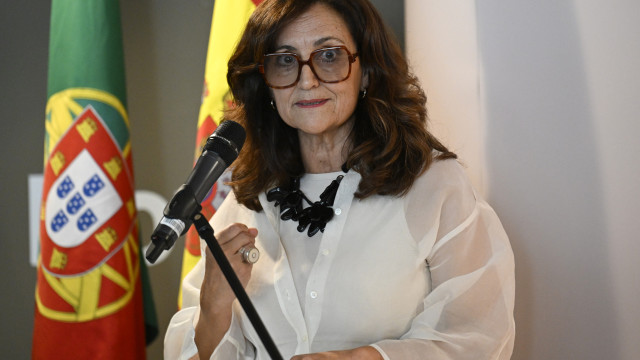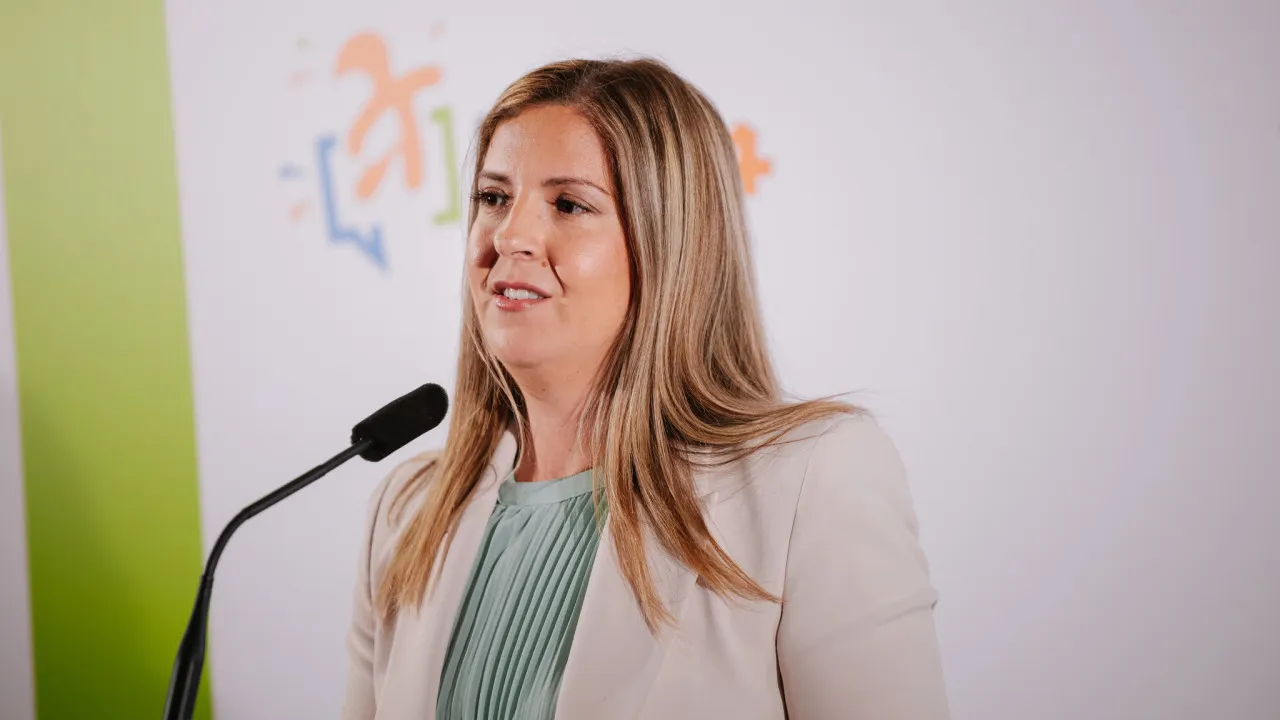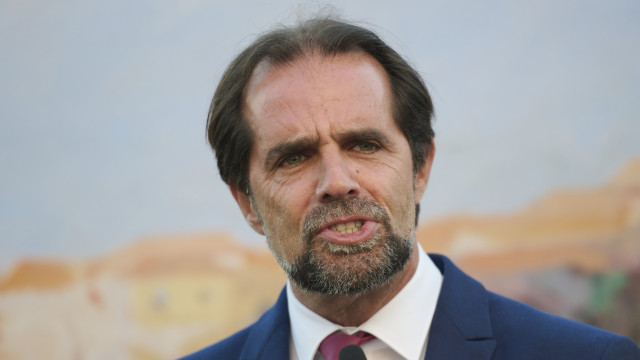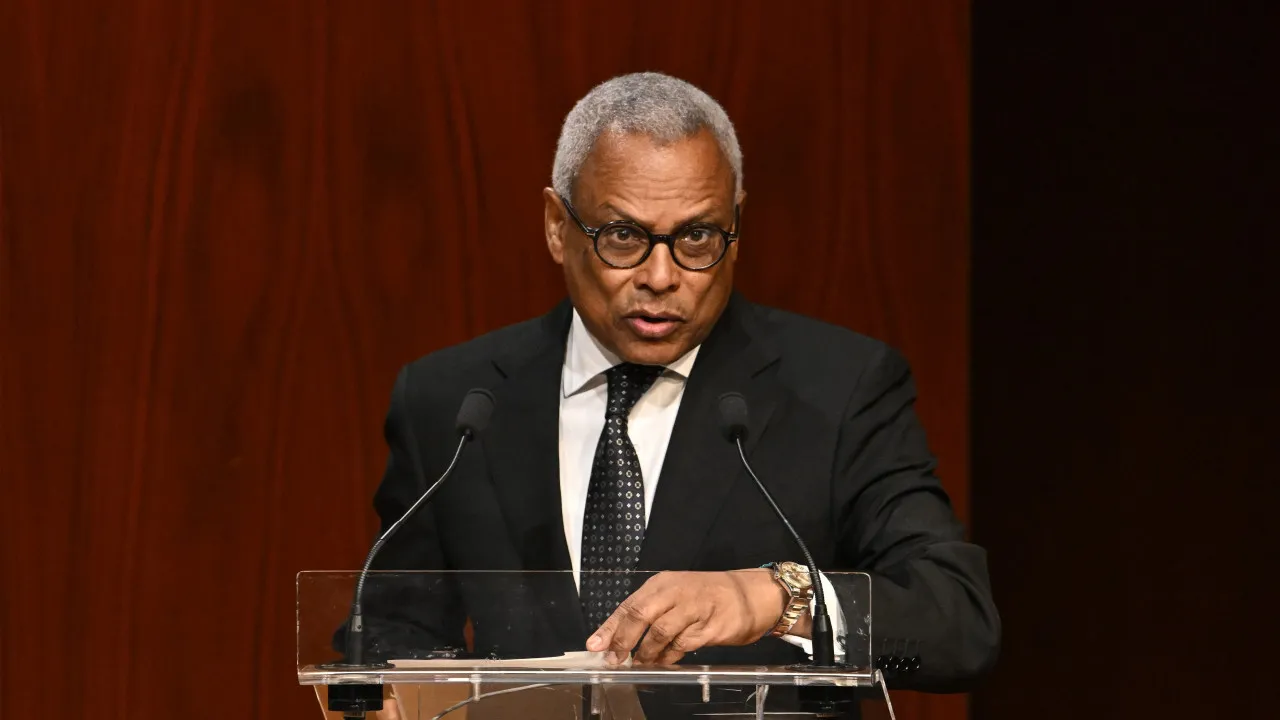The General Directorate of Cultural Heritage (DGPC) will have a new organism to overcome “setbacks” in the management of museums and national monuments, because it needs “some boldness”, the Minister of Culture, Pedro Adão e Silva.
According to the Minister of Culture, the Government will discuss and approve the diplomas related to the reorganization of the DGPC in a Council of Ministers meeting on Thursday, in Évora.
“What is going to the Council of Ministers is a set of diplomas that promotes the reorganization of what the DGPC is today. (…) The goal is to have more agile management models, the ability to program on a multi-year basis, to internationalize the museums, a set of objectives that are forbidden with the current model,” said Pedro Adão e Silva.
The current Directorate-General of Cultural Heritage was created in 2012 as part of a “State Central Administration Reduction and Improvement Plan” by the then PSD/CDS-PP government of Pedro Passos Coelho.
At the time, the creation of the DGPC represented the merger of several services and competencies into a single body, namely the Institute for the Management of Architectural and Archaeological Heritage, the Institute of Museums and Conservation, and the Regional Directorate of Culture of Lisbon and Tagus Valley, leading to criticism over the bureaucratic dimension of a structure of that size.
Along with the approval of the DGPC, a reorganization of the Regional Directorates of Culture was also approved in 2012.
Nearly a decade later, Pedro Adão e Silva considers that this concentration of services in the DGPC “had as a consequence the secondary management of museums and national monuments”.
“There is already too long a period of some setbacks and there is a need for renewed ambition and some boldness in the way you manage” museums and national monuments, he said.
Questioned by the Lusa agency, Pedro Adão e Silva declined to give further details about whether the new organic model will imply a new separation of competencies and the creation of new bodies.
“We are going to reorganize the DGPC to regain an ambition and we are not going back to the model we had before,” he said.
As for the new organic model of the DGPC, Pedro Adão e Silva said that it will come into force in convergence and simultaneously with the “decentralization and deconcentration”, in a reference to the restructuring of the Coordination and Regional Development Commissions, whose legislation was promulgated last May by the President of the Republic.
About the hypothesis of transferring museums and monuments in charge of the regional departments of Culture to the city councils and to the DGPC, as reported by Jornal de Notícias on Tuesday, the minister makes a distinction of the nature of the museums.
“Museums that have national collections are national museums; there’s no point in elaborating in misconceptions and always thinking as if we had a process of decentralization and deconcentration. But [that] the DGPC would become the same entity we have until today… No”, he stressed.
About the “more municipal dimension” museums, he added: “What we have already done is to transfer some museums, sites, and equipment to the municipalities, and we intend to continue this process.


